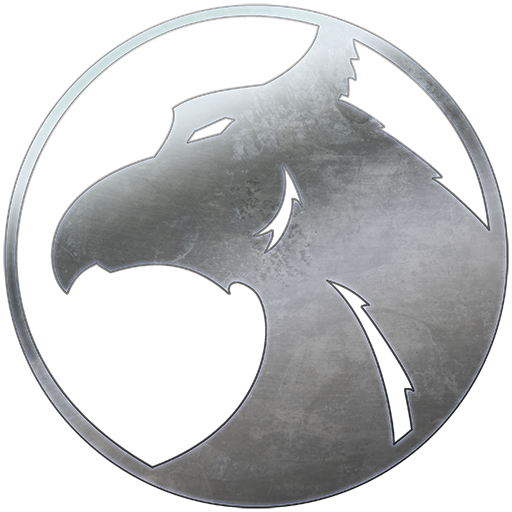A question we get asked a lot is, “What makes Æther different?” We hear it at conventions, through email, and through other channels. There are some stock answers that we give to customers, but what it really boils down to is that it makes the players think just a little harder when bullets start flying and swords start flashing. Damage in the system isn’t something to be taken lightly, not when a Long Sword does 1D10 damage and a 9mm pistol does 1D10 – 1 damage…and the typical character might be able to take four points of damage before suffering penalties and another four before death.
That might sound harsh, but it’s pretty rare to hear the statement, “don’t worry, I can take it,” from any player before they send their character into a hall way filled with bad guys with guns.
The other major change is the way we handle initiative with Æther. Actions are based on a 10-second round, and then characters get to act on specific seconds based on their Reflexes attribute. There’s more to it than that, and certain actions have precedence in the initiative stack, but by and large, initiative is static, rolling, and keeps the action moving quickly, not relying on dice to hinge which climactic event happens first.
The system is driven by skill and attributes. An attribute modifier plus a skill value plus a D100 roll gives you your skill check result, and the higher the result, the better. In a true percentile system, you generally want to roll low; skills advance closer and closer to 100 and the lower a dice roll’s outcome is, the better the character did. Æther is not a percentile based game in that respect, it simply uses percentile dice (or the rarely seen and even more rarely used D100) for skill rolls and all damage involves a D10 and usually a modifier.
